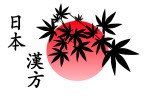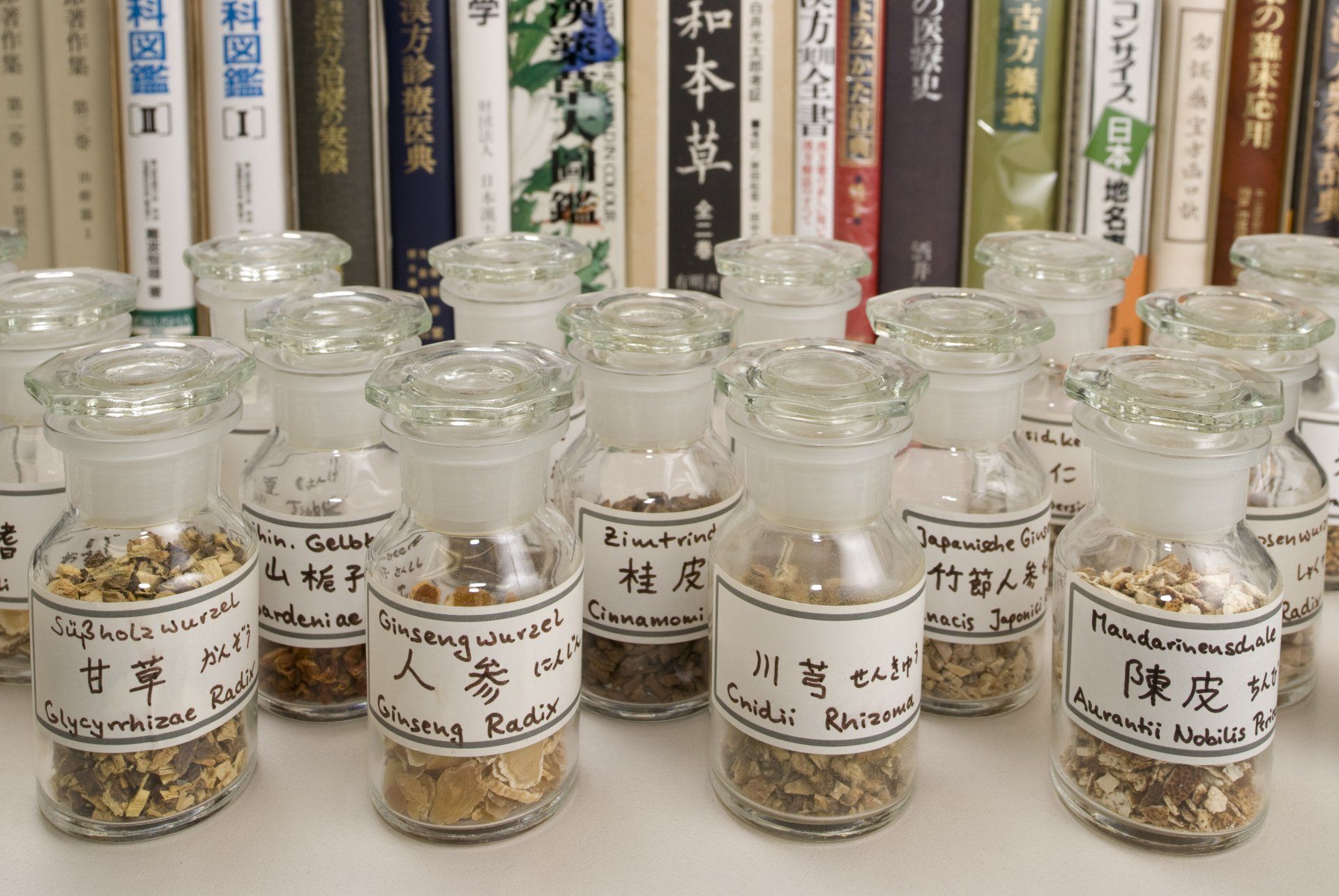Japanese Kampo Medicine
What does the term Kampo Medicine mean
The term Kampo medicine refers to the East Asian medicinal plant therapy practiced in Japan. Medicinal plants are used therapeutically according to traditional recipes in the form of medicinal teas (decoctions) or extract products. Kampo medicine was adopted from China over 1500 years ago, but it developed independently in Japan. There was a refinement and pragmatic reduction in the application guidelines and the number of medicinal plants used. Today, Kampo medicine in Japan is well integrated into modern medicine, where it can only be prescribed by doctors. There is an abundance of scientific studies on the effectiveness and safety of this form of therapy and a modern quality standard has been developed for the drugs.
Therapy and diagnostics
Japanese Kampo Therapy is an individualized form of therapy and has a holistic approach - body and mind are viewed as a unit. In the foreground of the assessment is the exact anamnesis, the questioning. There is also the physical examination, which, in addition to assessing the tongue and pulse, focuses on the examination of the abdomen. For the Japanese, hara, the belly, has always been the center of life. The abdominal wall diagnosis (fukushin) is a specifically Japanese achievement and the core of the Kampo diagnosis.






